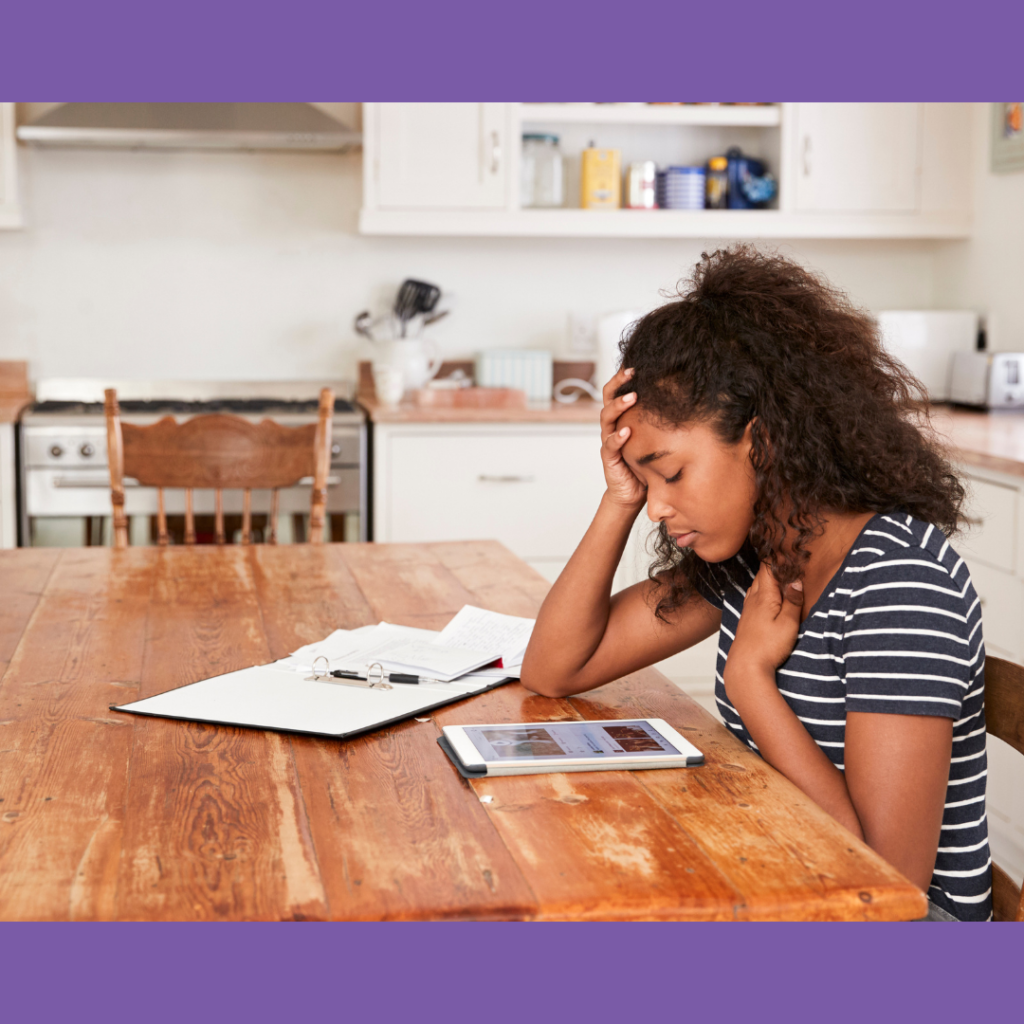Living through a pandemic the last two years has been hard, and could spark anxiety or depression in our children. Here are some tips for identifying new symptoms of anxiety or depression as well as helping your children cope. If you have additional questions, please call our 24/7 Parenting HelpLine at 1-800-243-7337.
Identifying new anxiety and depression in children:
- For younger children, look for new behaviors like clinginess, new onset bed wetting or irritability.
- For older children, look for withdrawal from normal activities or changes in eating or sleeping habits.
- Talk to your children, especially teens and pre-teens about how they are feeling. One conversation can go a long way.
- Remember that as a parent, you know your child better than anyway. Follow your instincts and be an advocate for your child’s mental health.
How to help your children cope with anxiety:
- Create a Routine: When children know what to expect in a day, it can ease anxiety.
- Check in with your child frequently and listen: It is important to let your child express themselves fully, do not interrupt them even to offer supportive words.
- Teach your child coping skills: It is important to provide your children with physical coping skills for times when they are feeling anxious. A few examples include taking deep breaths, counting backwards from 100 and going to a safe space.
- Focus on what you can control: Remind your child that it can help to focus on what you can control instead of dwelling on those you cannot. If your child is anxious about Covid, encourage them to wash their hands, wear their mask and social distance. Not only will this help prevent them from contracting Covid and could help ease their anxiety.
- Encourage positive thinking: It won’t help an anxious child to tell them to “calm down,” or “don’t be anxious,” instead ask them to tell you what they are thinking. That way you can help them identify if their thoughts are based on fact or “what if” thinking.
- Stay connected with others: Encourage safe play with other children or family members. It is important to connect with others, even during this unprecedented time.
- Seek professional help if needed. Talk to your pediatrician or health care provider, ask about resources available in your community.
We hope these tips help you ease your child’s anxiety. Remember, as a parent it is also important to take care of your own mental health. Be sure to check in with yourself and ask for help if you need it. Our 24/7 Parenting HelpLine is always available for advice and guidance or to just lend a listening ear. Feel free to call 1-800-243-7337.
Learn more:
Helping Children with Anxiety About COVID-19 – Children’s Health (childrens.com)
Can I use an at-home test on a baby? – The Washington Post

